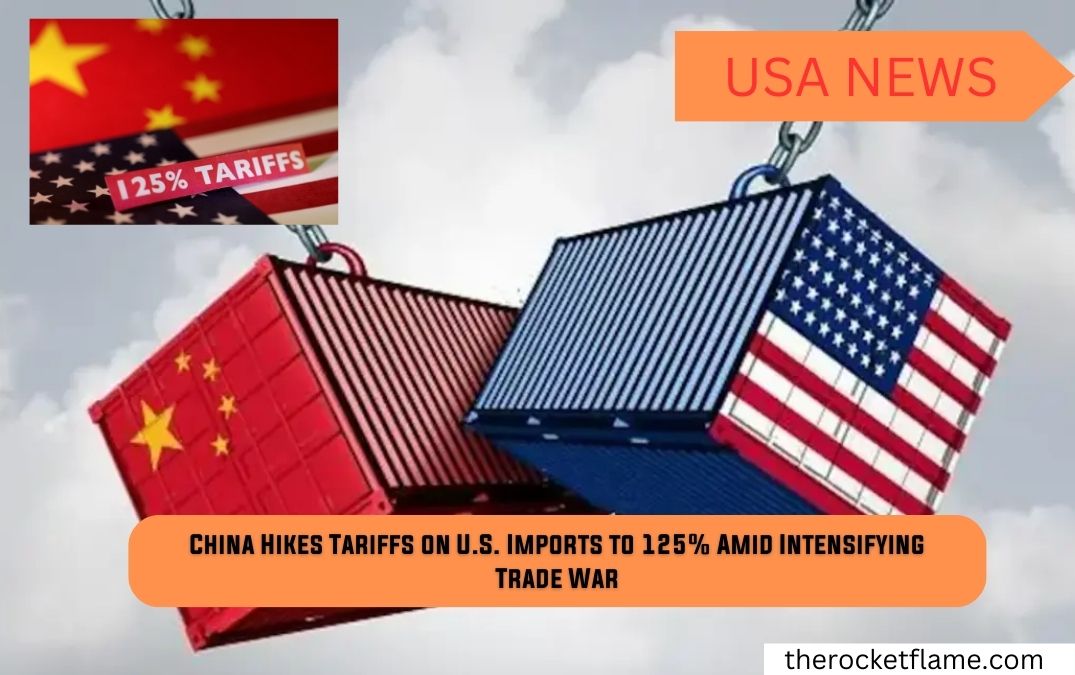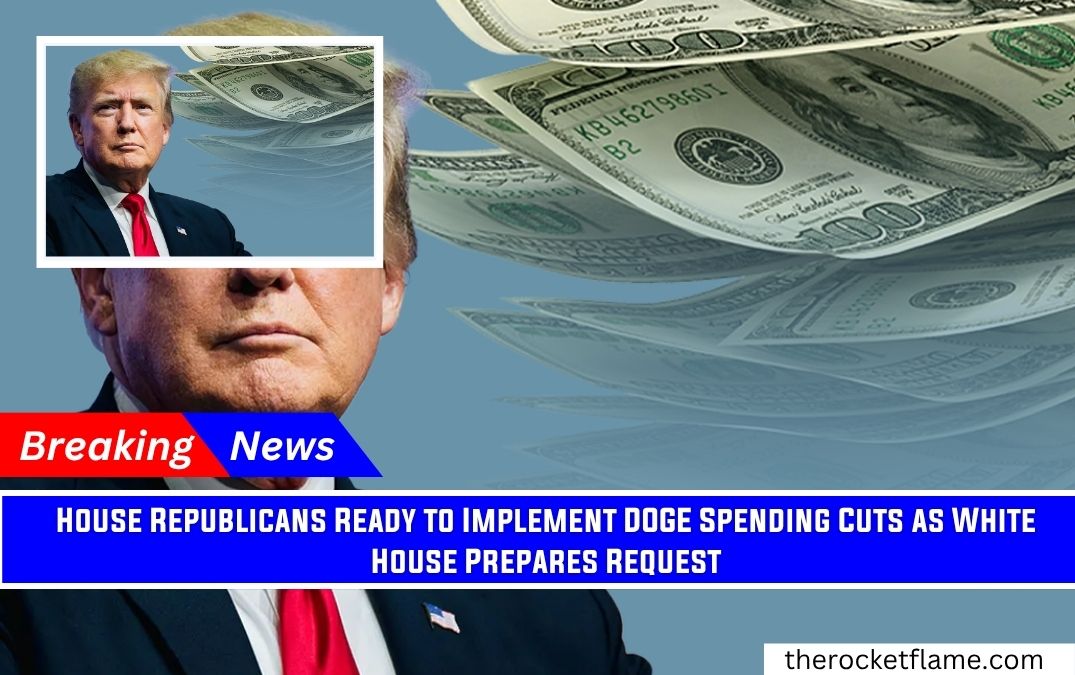In a sharp escalation of the ongoing U.S.-China trade conflict, China has announced a steep increase in tariffs on American goods — raising them from 84% to 125%.
The retaliatory move comes just after U.S. President Donald Trump raised tariffs on Chinese imports to 145%, further fueling fears of a global economic slowdown.
The new tariffs imposed by Beijing are set to take effect Saturday.
What Happened
China’s Ministry of Commerce confirmed on Friday that it would significantly raise tariffs on U.S. imports. The decision follows Washington’s latest round of tariff hikes specifically targeting Chinese goods, while pausing increases for other countries.
The growing tariff battle has rattled international markets and alarmed economists, who fear further disruption to global supply chains.
Key Details
- China’s new tariff rate: 125% on U.S. goods, up from 84%.
- U.S. tariff rate on China: 145%, announced earlier this week.
- Effective date: China’s tariffs begin on Saturday.
- Goods impacted: U.S. exports like soybeans, aircraft parts, pharmaceuticals, sorghum, poultry, and bonemeal.
- Chinese imports to U.S.: Electronics, industrial machinery, toys — all expected to see price hikes.
In addition, China is restricting the export of rare earth minerals, essential for advanced technologies, and has filed a new lawsuit at the World Trade Organization (WTO) over the U.S. tariffs.
Reactions or Statements
A spokesperson for China’s Finance Ministry stated:
“Washington’s repeated tariff increases will become a joke in the history of the world economy.”
President Xi Jinping also criticized the U.S. during a meeting with Spanish Prime Minister Pedro Sánchez, saying:
“There are no winners in a tariff war. China has never relied on favors from anyone and will not back down from unfair suppression.”
Meanwhile, U.S. officials defended the tariffs as a measure to boost American manufacturing and reduce dependence on Chinese imports — particularly in light of ongoing concerns about China’s role in fentanyl production.
Investigation or What’s Next
China’s Commerce Ministry has initiated a new legal complaint against the United States at the WTO, arguing that the tariffs are unjust and harmful to global trade norms.
Economists and analysts warn that the continued escalation could drag the global economy into a recession.
“The risk that this escalating trade war tips the world into a recession is rising,” noted Jennifer Lee, senior economist at BMO Capital Markets.
FAQs
Why is China raising tariffs now?
In retaliation for the U.S. increasing tariffs on Chinese goods to 145%, China is responding with a steep hike to 125% to defend its economic interests.
What products are affected by the new tariffs?
Major U.S. exports to China like soybeans, aircraft, pharmaceutical products, poultry, and more are targeted. U.S. imports from China — especially electronics — will also see higher prices.
What impact will this have on consumers?
Higher tariffs may lead to increased prices for everyday goods, particularly electronics and household products, in both countries.
Is there any resolution in sight?
At this time, there is no confirmed timeline for trade negotiations. Both countries remain locked in a tit-for-tat escalation.
How will this affect global markets?
Investors are concerned that the intensifying trade war may stall global growth, disrupt supply chains, and destabilize stock and bond markets.
Summary / Final Takeaway
The U.S.-China trade war has entered a more volatile phase, with both nations imposing record-high tariffs on each other’s goods.
With no resolution in sight and rising global economic concerns, businesses and consumers worldwide should brace for potential fallout in the months ahead.












